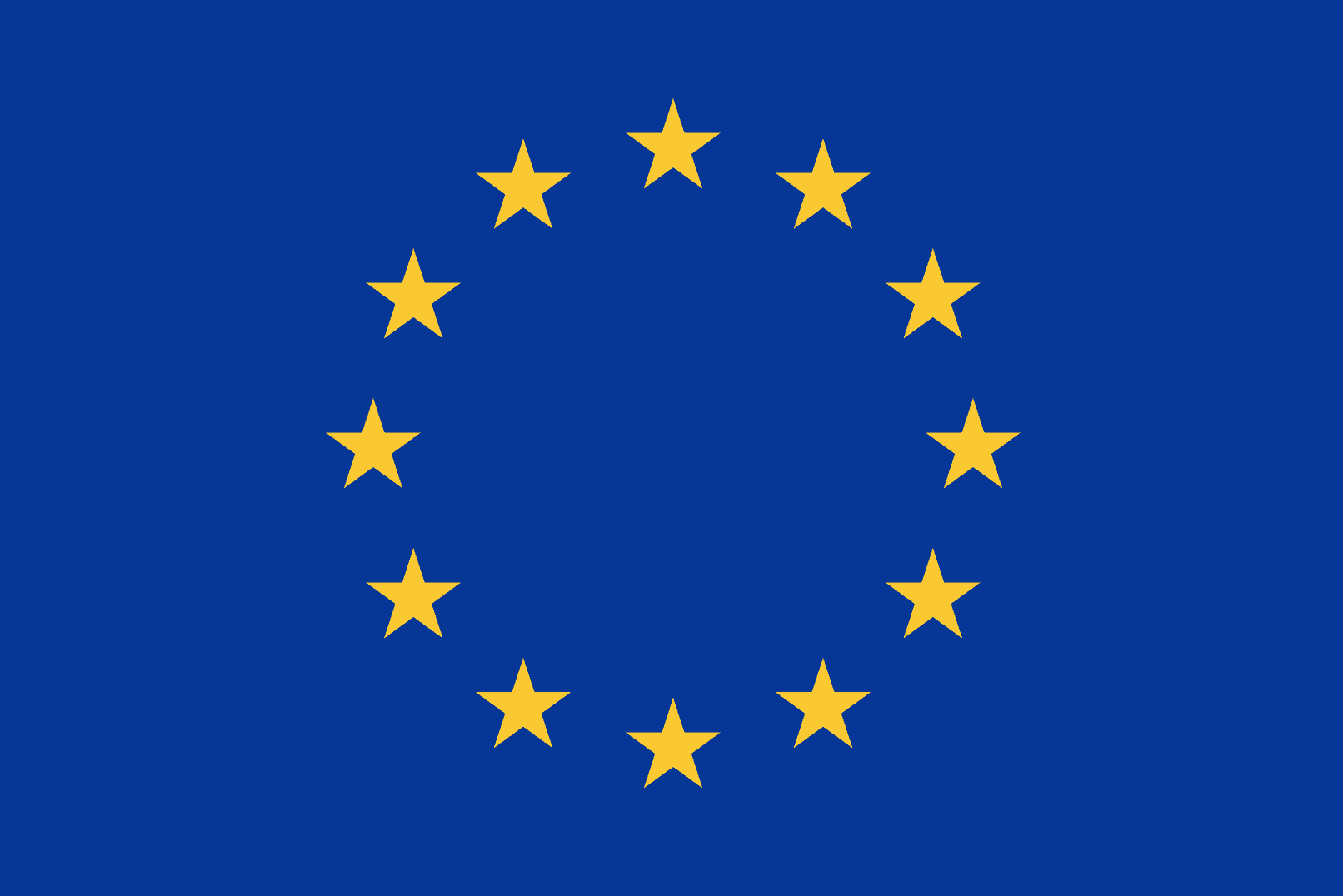The European Union confirmed that Costa Rica has been removed from its list of non-cooperative jurisdictions for tax purposes. The EU established this list in December 2017 as part of its broader strategy to promote good governance and fiscal transparency worldwide.The EU list is divided into two sub-lists—List I and List II.
Initially, Costa Rica was placed on List I; however, following a significant legal reform approved by the Legislative Assembly, the country moved to List II. Under List II, Costa Rica was required to implement specific adjustments in its policies for exchanging tax information.
The reform process began in the second quarter of 2022 with a comprehensive overhaul of Article 106 of the Code of Tax Rules and Procedures. This reform not only shifted Costa Rica to List II but also strengthened the powers of the Tax Administration. The administration is now empowered to supervise, monitor, and verify the compliance of reporting entities under the Common Reporting Standard. It can perform annual evaluations based on objective criteria and risk plans, diagnose risks in internal control procedures, mandate the implementation of recommendations within set deadlines, and impose sanctions for non-compliance.
By addressing the deficiencies in its automatic tax information exchange systems, Costa Rica has met its commitments. “Two jurisdictions, Costa Rica and Curaçao, fulfilled their commitments by addressing the deficiencies in their automatic exchange of tax information systems and will be removed from the state of play document,” stated the EU in its announcement.
The Ministry of Foreign Affairs also ratified this development, emphasizing that the reform ensures compliance with international standards for fiscal transparency and good governance. “This achievement reaffirms Costa Rica’s commitment to transparency and global collaboration in fiscal matters,” noted Foreign Minister Arnoldo André.
This milestone is significant not only for Costa Rica’s international reputation but also for its economic prospects. Enhanced fiscal transparency is likely to boost investor confidence, improve access to international financial markets, and reinforce Costa Rica’s standing as a responsible member of the global community.
Overall, this reform and the subsequent removal from the EU list mark a critical step forward in Costa Rica’s ongoing efforts to modernize its tax administration and strengthen its fiscal governance. The successful implementation of these changes serves as a model for other jurisdictions seeking to improve their tax transparency and regulatory frameworks.






